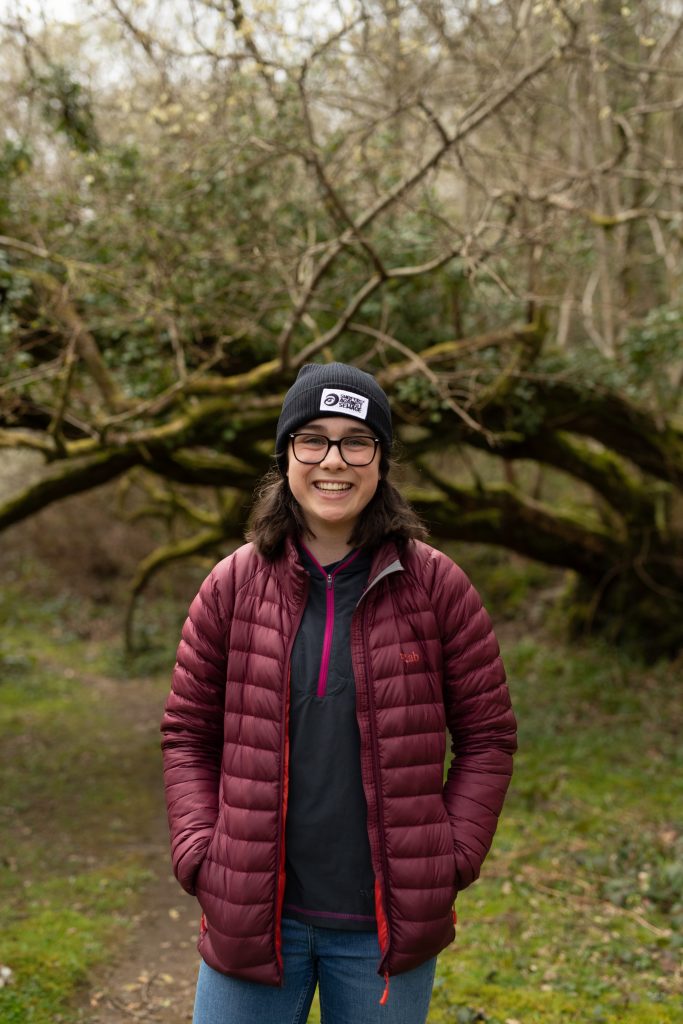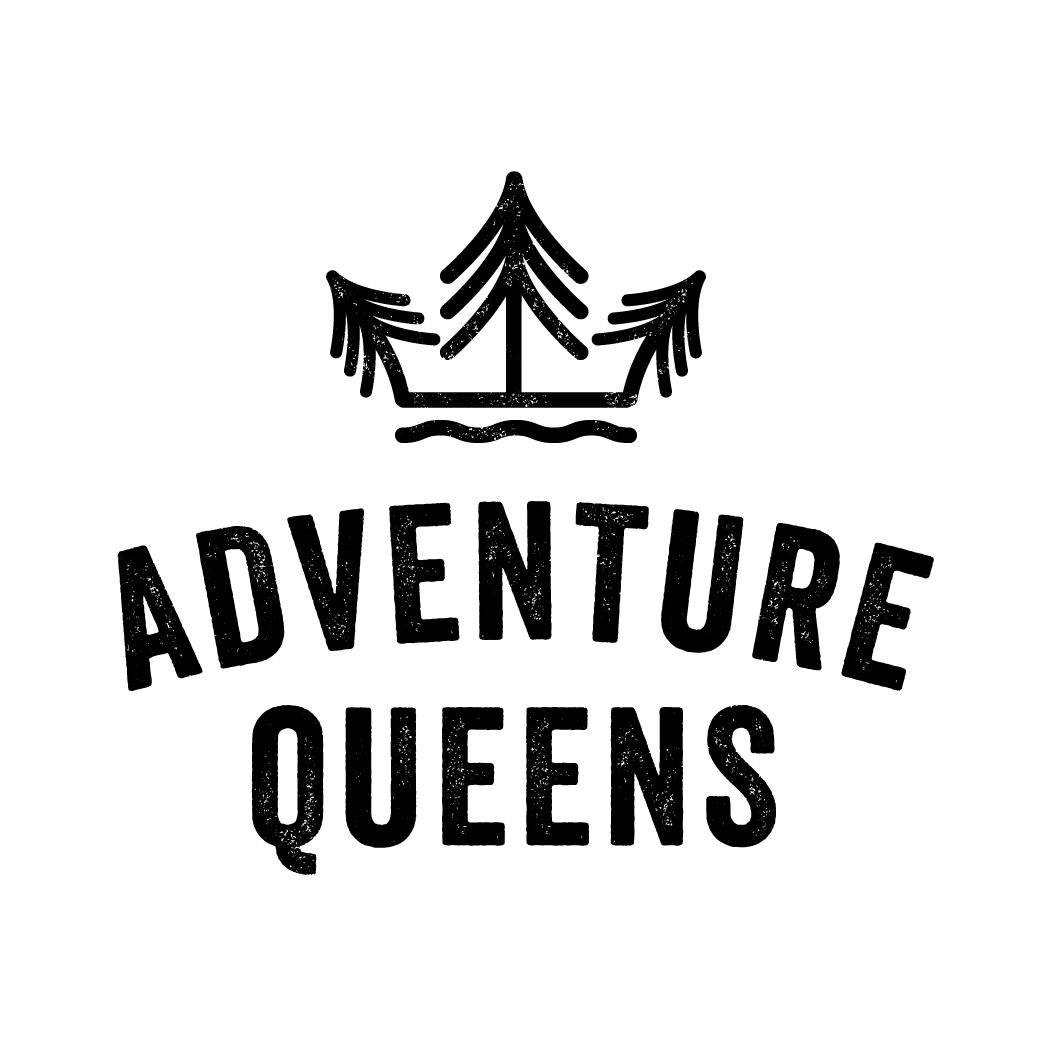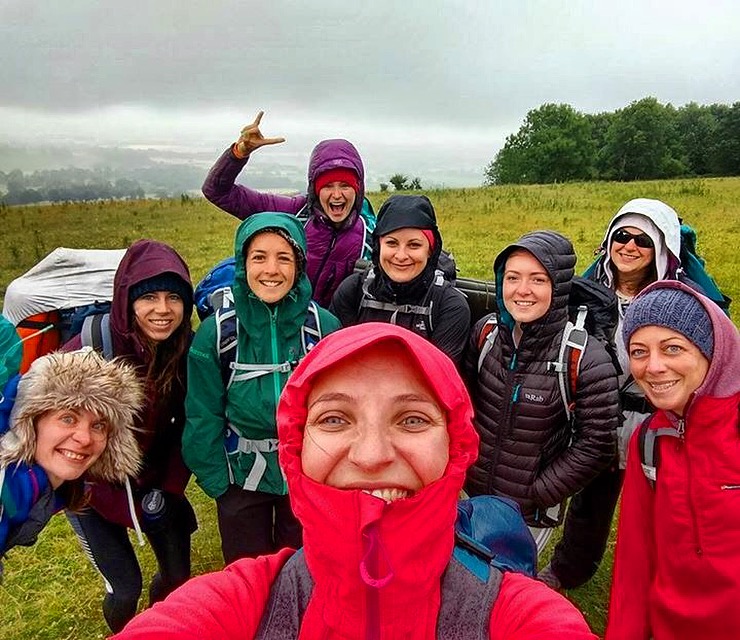Buying new outdoor gear can be a minefield. From price to sustainability and brand ethics – there can be a lot to consider. Throw in ‘greenwashing’ * from brands, and it can be a recipe for a headache! It can be tough to cut through the empty promises and wishy-washy language that certain brands use in their sustainability pledges. That’s why we’ve created this resource which should hopefully help you to cut through the noise and work out what brands really mean!
Hang on! Before you buy anything, the first thing to ask yourself is, do I need to buy new?
Could I:
- Buy second hand (another blog post on this coming shortly!)
- Swap or borrow it from a member of the AQ community
- Repair my old item
Sustainable accreditations to look for
- B corp: ‘B Corp’ is a certification that businesses can obtain that highlights their sustainability and ethics credentials.
- 1 % for the planet: ‘1% for the planet’ means that companies give 1% of their annual sales to environmental organisations.
- Fairtrade: Fairtrade is an initiative that works with farming co-operatives, businesses and governments to make trade fair.
- Better Cotton Initiative: BCI is an initiative that supports cotton growing communities to get a fair price for their cotton and to use environmentally friendly growing practises.
- Fair wear: Is an initiative that aims to improve working conditions and pay for garment makers by involving brands and key stakeholders. Companies who are a part of this initiative will display the Fair Wear logo on their marketing/products.
- Living wage employer: Living Wage Employers pay their staff the amount it actually costs to live in the UK. This is calculated every year.
A few questions to ask yourself
- Does the brand often have sales where products are massively reduced? Brands have sales for different reasons, but large sales with huge discounts (with no apparent reason eg. damaged stock) can often indicate that the products are overproduced and the people who made them are not being paid properly.
- What kind of materials do they use? Do they prioritize using recycled, eco-friendly or natural materials? Some examples of these are Bamboo Lyocell, Tencell, Linen, Merino wool, Ethical down.
- Do they offer a repair/ recycling scheme or let you know how it can be disposed of safely at the end of the product’s life?
- Is the product durable? Whilst sometimes more expensive upfront, products that last longer ate better for our wallets and the planet in the long run.
- For waterproof kit – do they use PFC’s** or most importantly, do they say they don’t?
- Do they talk about their supply chain? A brand that knows about its supply chain, knows where its products are made and are transparent about these things, can suggest that its garment makers are being paid fairly and respected
- Do they talk about sustainability on their website and how much depth do they go into? Do they use science-based statistics/statements or wishy-washy language?
- Do they give back to the community or run any projects? Eg. a community fund or sponsoring local events.
- Do they use inclusive sizing/ diverse models? The outdoors is for everybody. Diverse representation is a great way to encourage everyone to feel included.
- Where was the product made? Working conditions and pay regulations differ from country to country. In this case, it can be good to look out for more info on the brands supply chain. Also, the further a product has to travel to the consumer, the bigger its carbon footprint.
Here are some examples of sustainable brands:
- Alpkit (Gear Repair Service, Fair Wear Initiative, End of life care for products, Living Wage Employer)
- Rab (Fair Wear Initiative, End of life care for products, product rental service, certified Climate Neutral company)
- Patagonia (1% for the Planet, Gear repair service, invests time and funds in community action)
- Finisterre (B Corp, transparent about supply chain, Product Repair Service)
*Green washing: When companies use advertising and false information to make their products seem greener than they really are.
** PFC: PFAS (also known as PFCs) are a category of synthetic chemical that are used to make man-made products waterproof. They’re used in outdoor clothing for waterproofing, a job they do very well. But their use has a significant environmental impact.
This Guest Blog Post was written by Jessie Stevens, AQ Environmental Queen, map nerd and snack addict who loves all things outside. Cycling is her first love, however, she’s recently got into kayaking and climbing. Jessie particularly interested in how we can make the adventure space greener and more diverse.’
IG: jessie__stevens



